School closures amid Covid-19 have left a whole generation of Indians behind
Harsh Mander
As education went online during the pandemic, lakhs of children from poorer households with no smartphones and access to the internet were missed out.

Harsh Mander
As education went online during the pandemic, lakhs of children from poorer households with no smartphones and access to the internet were missed out.

Harsh Mander
We often tell ourselves that the tiny coronavirus that has taken the entire planet into its thrall is agnostic to class, caste, race and gender. It is for this reason that the shibboleth is frequently repeated that no one is safe until everyone is safe.
Yet, during the first wave of its depredations in India, the historic walls of class and caste seemed robustly un-breached. The rich and middle-class Indians felt secure – as they do through every trial and calamity – that their money, their social power and networks and their government would protect them. They did not see, and did not care about the distress of the working poor.

Harsh Mander
It was a time of heart-wrenching suffering, helpless fear and uncertainty. Everything you needed to save the lives of loved ones was suddenly in impossibly short supply – hospital beds, oxygen, essential medicines, vaccines, intensive care units and ambulances. Black markets thrived and even the price of wood for funerals and priests’ prayers spiralled.
Harsh Mander
In a recent taunt against Muslims, Uttar Pradesh Chief Minister Yogi Adityanath railed against “people who say abba jaan”, falsely claiming that earlier governments provided them alone with subsidised rations while depriving others of the same. He wears his hatred of Muslims, his bigotry, intolerance of dissent, and impatience with constitutional niceties as badges of honour.
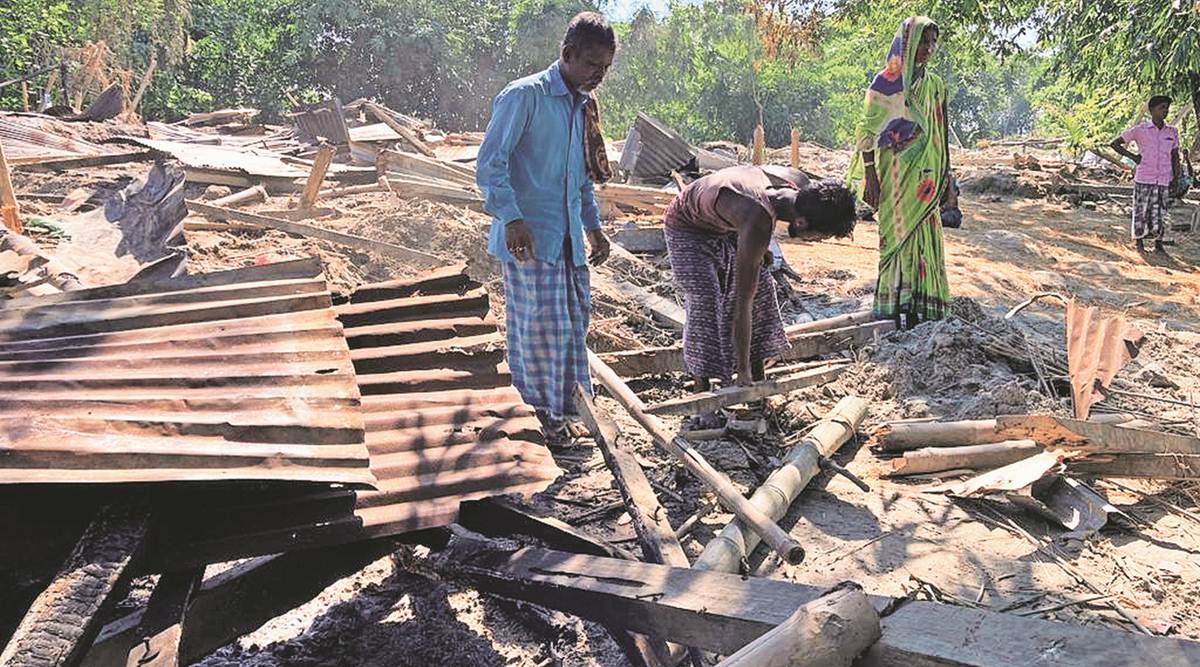
Harsh Mander
I am haunted by the lament of two young researchers from Assam, Suraj Gogoi and Nazimuddin Siddique. “We are shaken and frozen”, they say. “Is this the last sky?” The majority of the Indian people have become so inured to brutal public displays of hate violence that when we consume video images of lynching, gangrape and killing of Dalit women, and the flaunting of bigotry by our leaders, we just turn our faces away.

Harsh Mander
We must remember always what the politics of religious hate does to a people.

Harsh Mander
One per cent of the world’s richest people own half the wealth of the world; while 80% of the people inhabiting the globe own 5% of this wealth.
In his lucidly argued and carefully researched book Politics of the Poor: Negotiating Democracy in Contemporary India (Cambridge University Press, 2018), political scientist Indrajit Roy observes that this sits awkwardly with the fact that more people live in democracies than ever before.

Harsh Mander
A storm broke out in the valley of Kashmir recently because some adult Sikh Kashmiri women chose to marry Muslim men, and to convert to Islam. Sikh leaders of the Shiromani Akali Dal from Punjab raged that these were criminal cases of “love jihad”.

Harsh Mander
I turn to our beloved country of today. When I look around, I see the comprehensive betrayal of so many of the pledges and dreams of our freedom struggle and our Constitution. I witness these with troubled hearts, with often blindingly moist eyes, and sometimes – briefly, even the sinking of hope.

Harsh Mander
More than a century later, descendants of this much-hated law are being widely weaponised by governments in free India, both to suppress the freedom to dissent and to stigmatise and indefinitely incarcerate dissenters and protestors without trial.

Harsh Mander
As the gravest health emergency to overwhelm the globe in a century continues to rage, the unbridled Covid-19 virus has laid bare the abject failure of India’s health system to secure even elementary levels of health-care for its people.
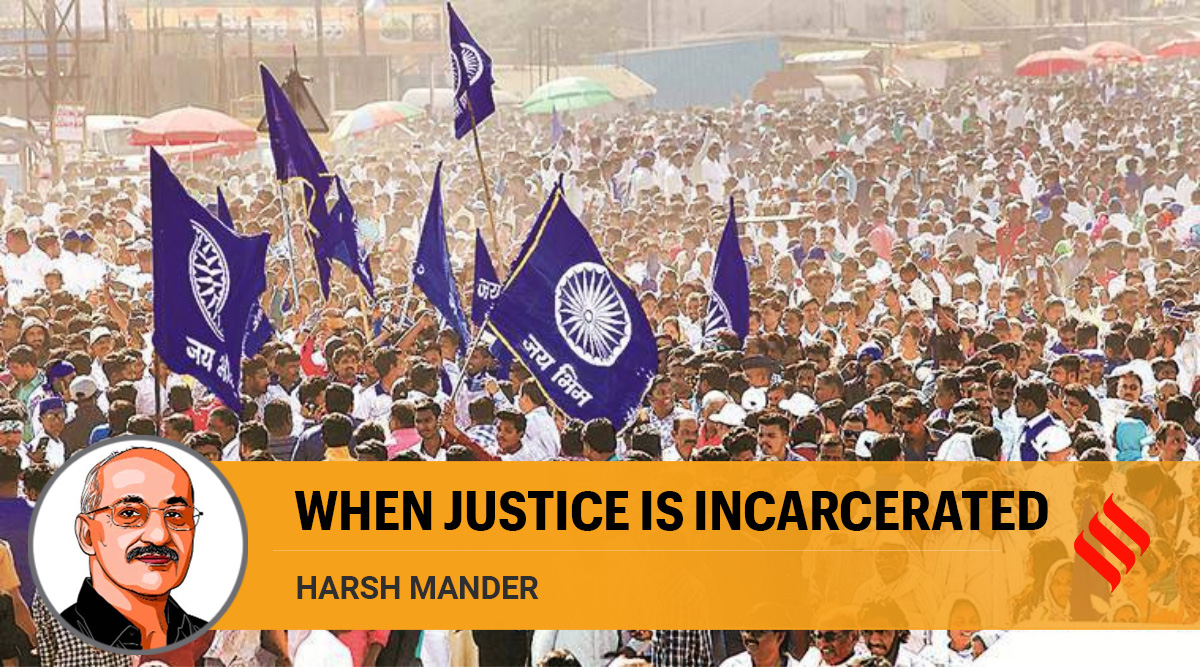
Harsh Mander
June 6 was a sombre milestone — the third anniversary of the incarceration of five rights activists in the Bhima Koregaon conspiracy case. Eleven more were subsequently jailed for the same conspiracy. These 16 women and men — the BK-16 accused — are intellectuals, lawyers, a poet, professors, cultural and rights activists and an 84-year-old Jesuit priest, all with sterling records of service with India’s most oppressed peopl

Harsh Mander & Oishika Neogi
“I opened my eyes and ran. I ran with nothing but my seven-month old wrapped around my scarf,” recalled a woman. Her tears had dried, and her eyes tiredly strayed over the ashes that was all that remained of the shanty that had been her home since 2013.

Mohammad Aamir Khan
On the morning of May 10, I woke up to the news of the death of Mahavir Narwal, father of Delhi student activist Natasha Narwal who has been in prison for over a year now on charges under the Unlawful Activities (Prevention) Act. Mahavir Narwal himself was a known activist and had been jailed during Emergency. He had tested positive for Covid-19 and had passed away the previous evening in a hospital in Rohtak.

Harsh Mander
India as a humane democracy stood significantly diminished on the afternoon of July 6, when a staunch defender of Adivasi rights breathed his last breath in a hospital in Bandra, Mumbai. At the time of his death, the 84-year-old Jesuit priest Stanislaus Lourduswamy, popularly known as Father Stan Swamy, was still in judicial custody, charged under the anti-terror law, the Unlawful Activities Prevention Act, 1967, with participating in a Maoist conspiracy to foment caste violence and assassinate India’s Prime Minister Narendra Modi.

Harsh Mander
It has been six months since farmers from across Punjab, Haryana and Western Uttar Pradesh rose in an epic and mostly peaceful struggle against three farm laws rushed through hastily in Parliament last autumn by the Modi government.
Natasha Badhwar
Keep your heart in a box for now. Protect it from shattering every day,” I wrote to a friend this week. A journalist on the frontline of reporting and analysing news, he has been struck by Covid-19 himself and is gearing up to return to work
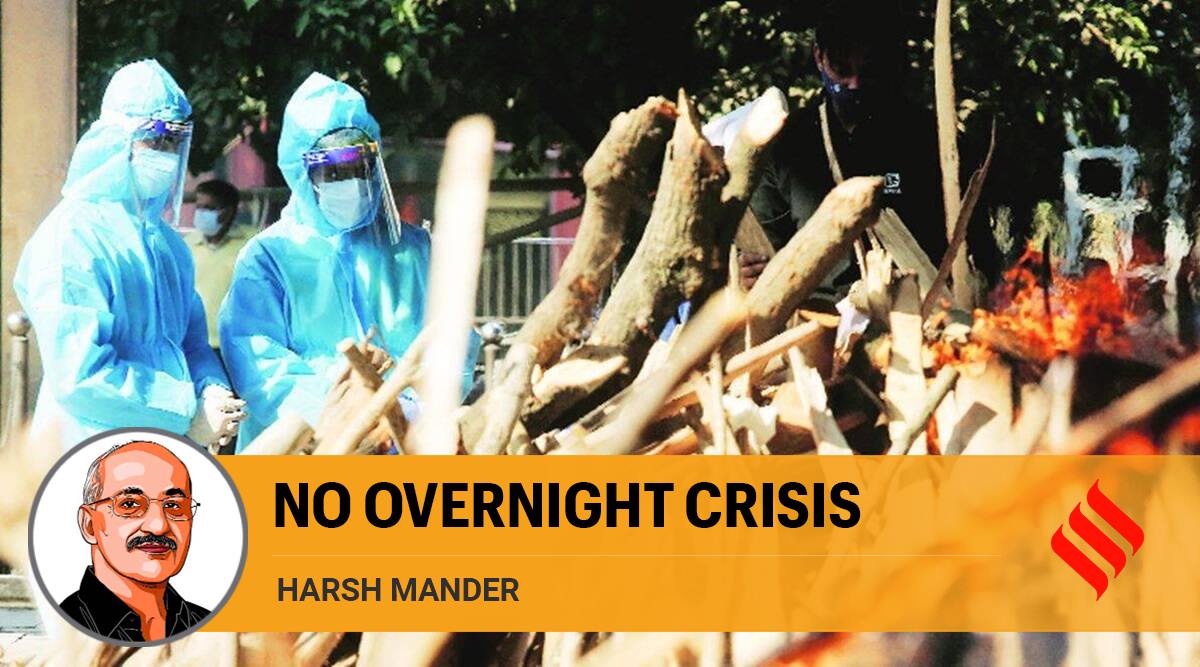
Harsh Mander
With outrage, fear and grief, we witness burning pyres on pavements and mass graves of many whose lives a more caring and efficient government could have saved. Images haunt us of desperate families driving from hospital to hospital in vain search of beds as their loved ones die only because the state did not care or prepare.
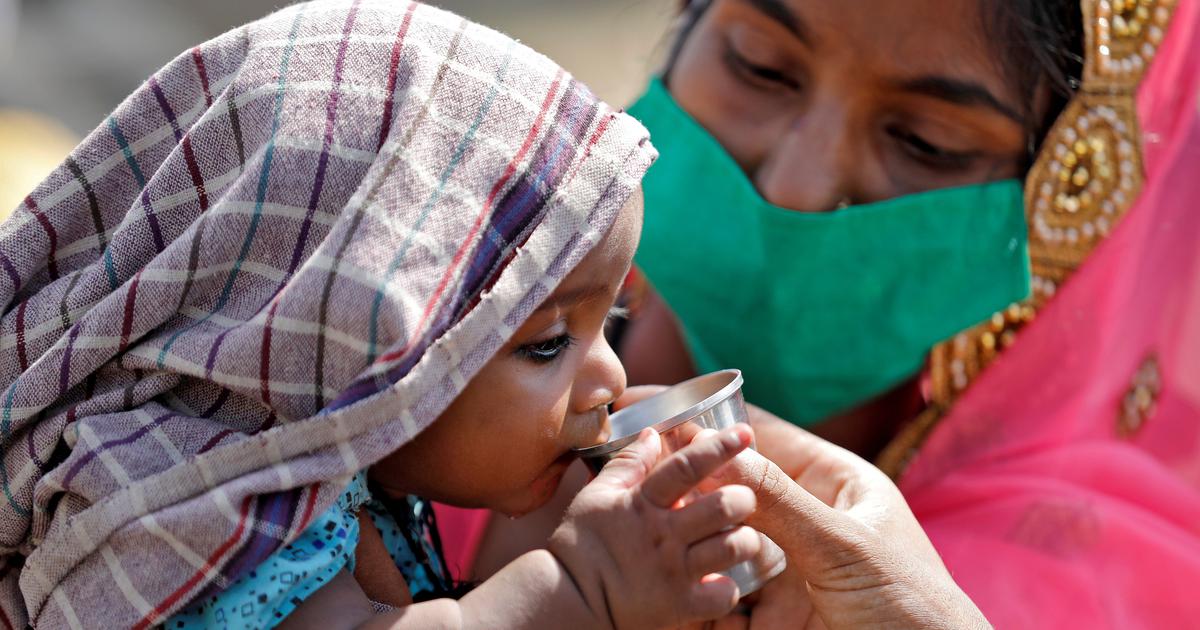
Harsh Mander
A spectacularly uncaring, unaccountable state has abandoned Indians to their fate. Bodies are piling up, pyres burn late into the night, and corpses are buried in anonymous mass graves. Loved ones are choking to death because their governments failed to secure them oxygen. Vaccines have fallen short in a country that prides itself as the vaccine factory of the world.

Harsh Mander
This story demonstrates that even with flaws in the Indian democracy, it is still possible for a young person from an intensely marginalised community to fight and decisively win elections with empty pockets, equipped only with idealism and the Constitution, where your only capital is the trust that earned from selfless service of one’s people. This is the story of Ashraful Hussain.
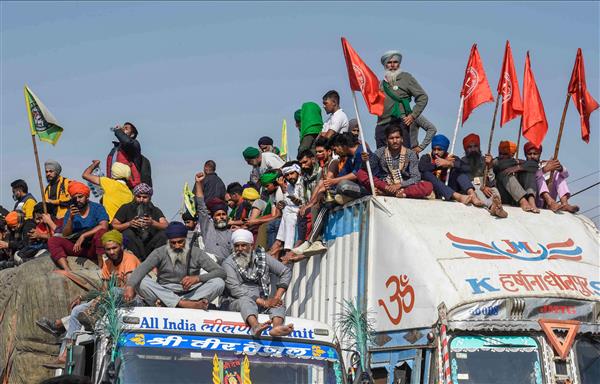
Natasha Badhwar
At a time when the state and administration have abdicated from people-centric governance and the judiciary as well as large sections of mainstream media seem to have forfeited their role to provide the checks and balances that keep democratic processes in balance, the farmers’ protest is like a shot in the arm of Indian democracy.

Navsharan Singh
In the middle of December, farmers on Delhi’s Tikri border protesting the three new agriculture laws were joined by hundreds of women farmers from Punjab’s Malwa region. They came in 17 buses and 10 tractor trolleys, nearly 1,000 of them, to demand that the ‘‘black laws” be repealed.’
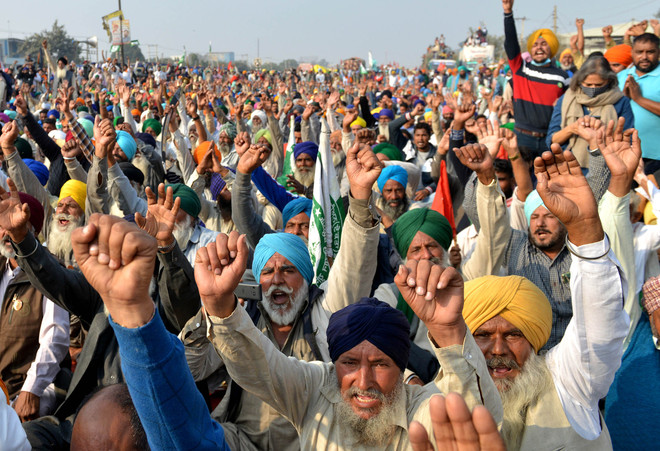
Natasha Badhwar
n the Tikri border, we walked nearly 4 km to reach the spot where many of the leaders of various farmers’ unions were camping. On the way, we passed groups of farmers who were cooking dinner or had wound up and were putting away utensils. Many of them invited us to share the meal with them.’

Harsh Mander
Was there a conspiracy behind the communal conflagration in February in Northeast Delhi, which left more than 53 people dead, several hundred injured and vast properties gutted and looted?’
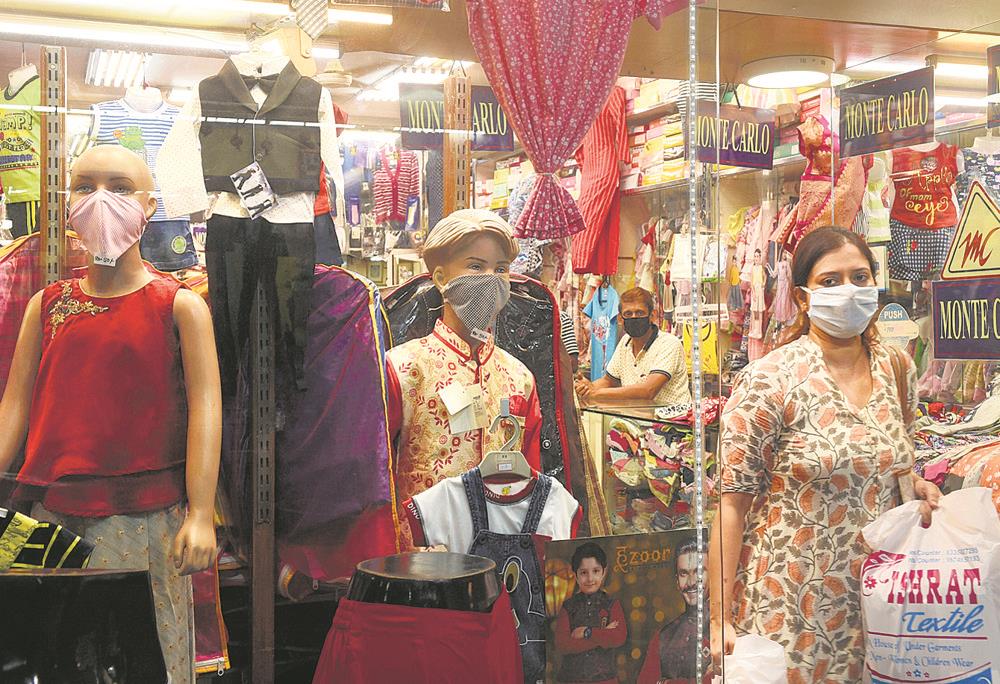
Natasha Badhwar
The middle class in India is very angry with the middle class in India. We are also confused. As the lockdown unlocks in phases after over two months of uncertainty and consistent bad news, we are not quite sure what to feel. Are we finally safe from the coronavirus? A cursory glance at the news tells us that the infection rate in India is on the rise and it will peak in the next two months. It is more dangerous to step out for work and leisure now than it was before the lockdown started.
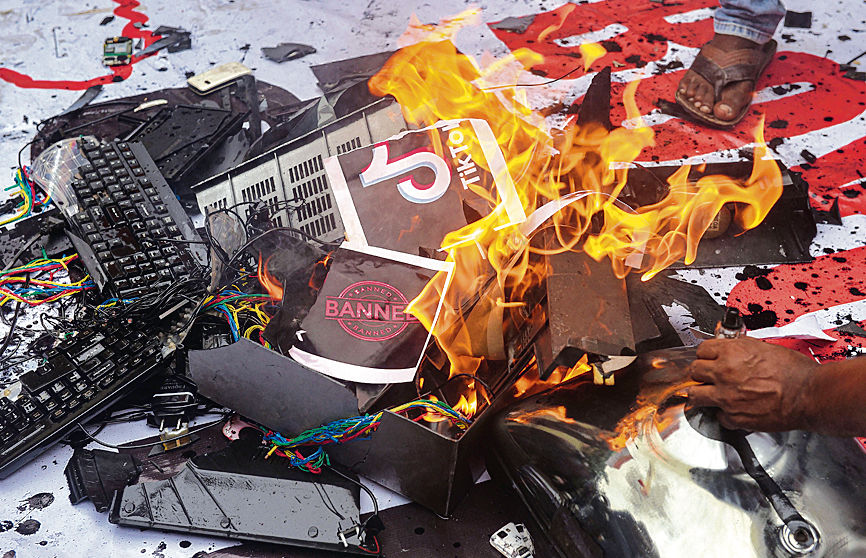
Natasha Badhwar
Twenty Indian soldiers were clubbed to death and 76 injured by the Chinese army in Ladakh’s Galwan valley last week, but in a statement at the all-party meeting to discuss the violence on the India-China border, Prime Minister Modi’s concluding remarks were, “No one has intruded and nor is anyone intruding, nor has any post been captured by someone.”